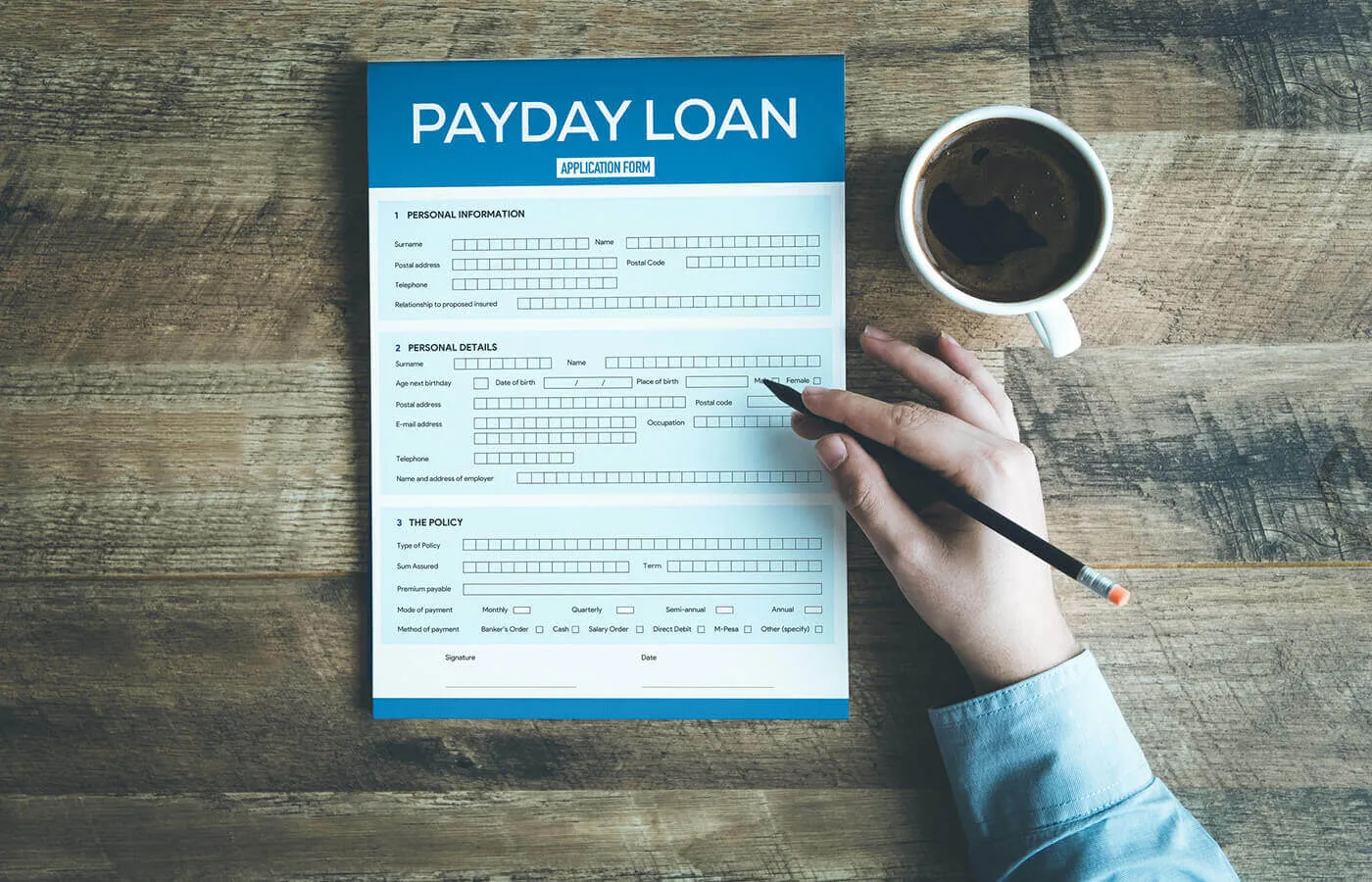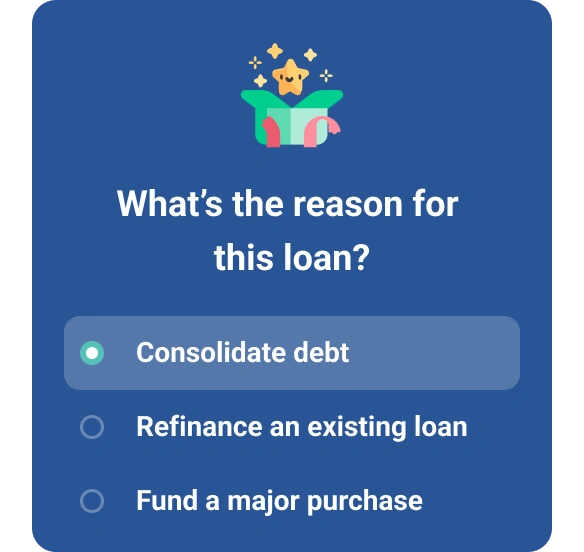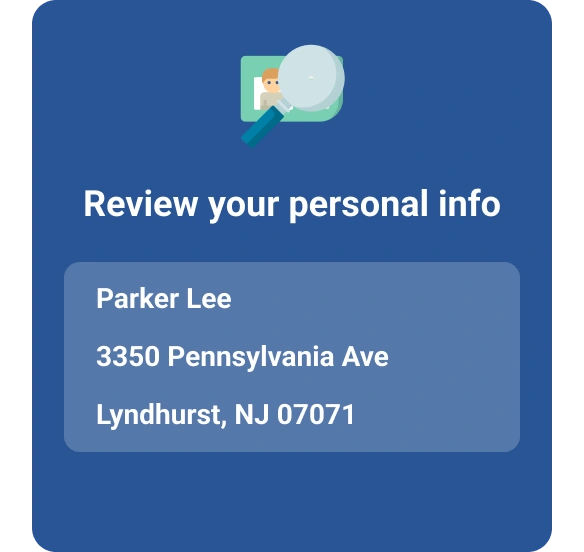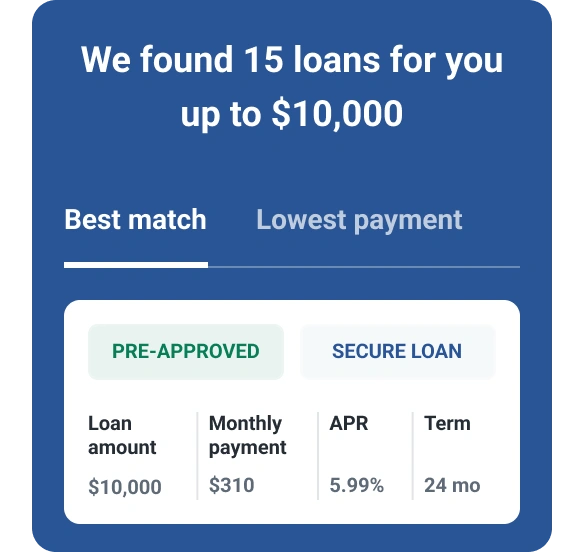What You Need to Know About Payday Loan Consolidation

Each year, an estimated 12 million Americans take out payday loans. What some may not realize is payday loans are one of the most expensive ways to borrow money. It's not uncommon for the annual percentage rate (APR) on a payday loan to exceed 300%, which is astronomical compared with the typical credit card APR of roughly 16%.
Some payday loan borrowers end up trapped in a seemingly endless cycle of debt when they extend their initial loan because they're unable to afford their payments or they take out another payday loan to pay it off. If you fall into the payday loan debt trap, you may want to consider a payday consolidation loan. A payday consolidation loan could help you escape this debt trap and save you from paying sky-high interest on payday loans.
What Is Payday Loan Consolidation?
Payday loans may seem like the answer to short-term financial shortfalls, but they can easily lead to long-term financial distress. One potential solution to the burden of payday loan debt is consolidating your payday loans. A debt consolidation loan is designed to group your high-interest loan balances into one lower-interest loan.
While a typical payday loan is designed to be paid off within a few weeks, many borrowers are unable to completely pay them off during that time. Because payday loans can typically be extended or renewed, they can take months to pay off, rather than a few weeks—adding even more to what the borrower owes.
Let's say you take out a $300, two-week loan from a payday lender, and the lender hits you with a finance charge of $50. If the loan is paid off within two weeks, the APR is equivalent to 434%. If you can't pay off this debt within two weeks, the lender may extend the due date, but another fee will be tacked on. This debt cycle can keep going if you take out several payday loans. In fact, the typical payday borrower takes out 10 loans, resulting in a pile of interest and fees.
Shifting your payday loan debt to a new loan by way of consolidation puts an end to this debt cycle and gives you a chance to pay back your debt over a longer period of time in fixed installments.
How Does Payday Loan Consolidation Work?
The biggest advantage of payday loan consolidation is that it allows you to save money by swapping several high-interest loans for one loan with a lower interest rate. Typically, this strategy involves taking out a personal loan from a bank, credit union or other lender. A lender typically gives you one to five years to pay off a personal loan.
As of May 2021, the average interest rate for a personal loan from a bank was 9.58%, according to the Federal Reserve. That's far below the interest rate for a typical payday loan.
Payday lenders normally don't perform a credit check when borrowers apply for a loan. Because of this, payday loans often appeal to people with low credit scores, who might think they can't qualify for a payday consolidation loan. That might not be the case, though.
You may be able to get a consolidation loan even if your credit score is low, although you might end up with a higher interest rate than you would with a high score. To find a debt consolidation loan that might be right for you, check out free tools from Experian.
If you're unable to qualify for a traditional consolidation loan, you might consider a payday alternative loan (PAL) from a credit union. You can use a PAL, with a maximum APR of 28%, to consolidate and pay off high-interest payday loans. Credit unions typically give you up to six months to pay off a PAL.
Payday Loan Consolidation vs. Debt Settlement
If you're deciding between payday loan consolidation and debt settlement, consolidation may be the better option. Debt settlement can pose "far more" risk than debt consolidation, according to the National Federation for Credit Counseling Why? Because debt settlement companies tend to charge hefty fees, and the process may result in significant damage to your credit.
Debt settlement companies negotiate on your behalf in hopes that you'll pay less to your creditors than what you owe. There's no guarantee that debt settlement will work, however, which can leave you worse off than you were before. Debt settlement companies often market their services as "debt consolidation," but keep in mind that debt settlement and debt consolidation aren't the same thing. Debt settlement means paying less than what you owe on a debt; debt consolidation means your other loans will be paid as agreed and you'll now have one "consolidated" loan payment each month until the new, lower-interest loan is paid.
Does Payday Loan Consolidation Hurt My Credit?
While a payday loan normally doesn't appear on your credit report, a payday consolidation loan typically does. Depending on how you manage the consolidation loan, it has the potential to help or hurt your credit.
When you initially apply for a payday consolidation loan, you can expect to see a small but temporary dip in your credit score. That happens because the lender's request to view your credit report or score shows up on your credit report as a "hard inquiry." The addition of the payday consolidation loan could also result in a ding to your credit score because it'll bring down the average age of your accounts.
In the long run, however, your scores can see an improvement. Making timely payments on the consolidation loan, keeping balances low on your other credit accounts and avoiding unnecessary applications for credit can help drive this increase. By consolidating, you're also freeing yourself from the high-interest debt of your payday loans, which can save you money and make your debt payments more affordable.
The Bottom Line
If you feel like you're drowning in debt from payday loans, reaching out to a nonprofit credit counselor can help you get your head above water. Consultations with nonprofit credit counselors are free. Before you visit with a credit counselor, it's a good idea to check your free Experian credit score and report to see where your credit stands.
Need a loan?
Whether you're shopping for a car or facing a last-minute expense, compare loan offers matched to your credit profile.
Start now for freeAbout the author
John Egan is a freelance writer, editor and content marketing strategist in Austin, Texas. His work has been published by outlets such as CreditCards.com, Bankrate, Credit Karma, LendingTree, PolicyGenius, HuffPost, National Real Estate Investor and Urban Land.
Read more from John

